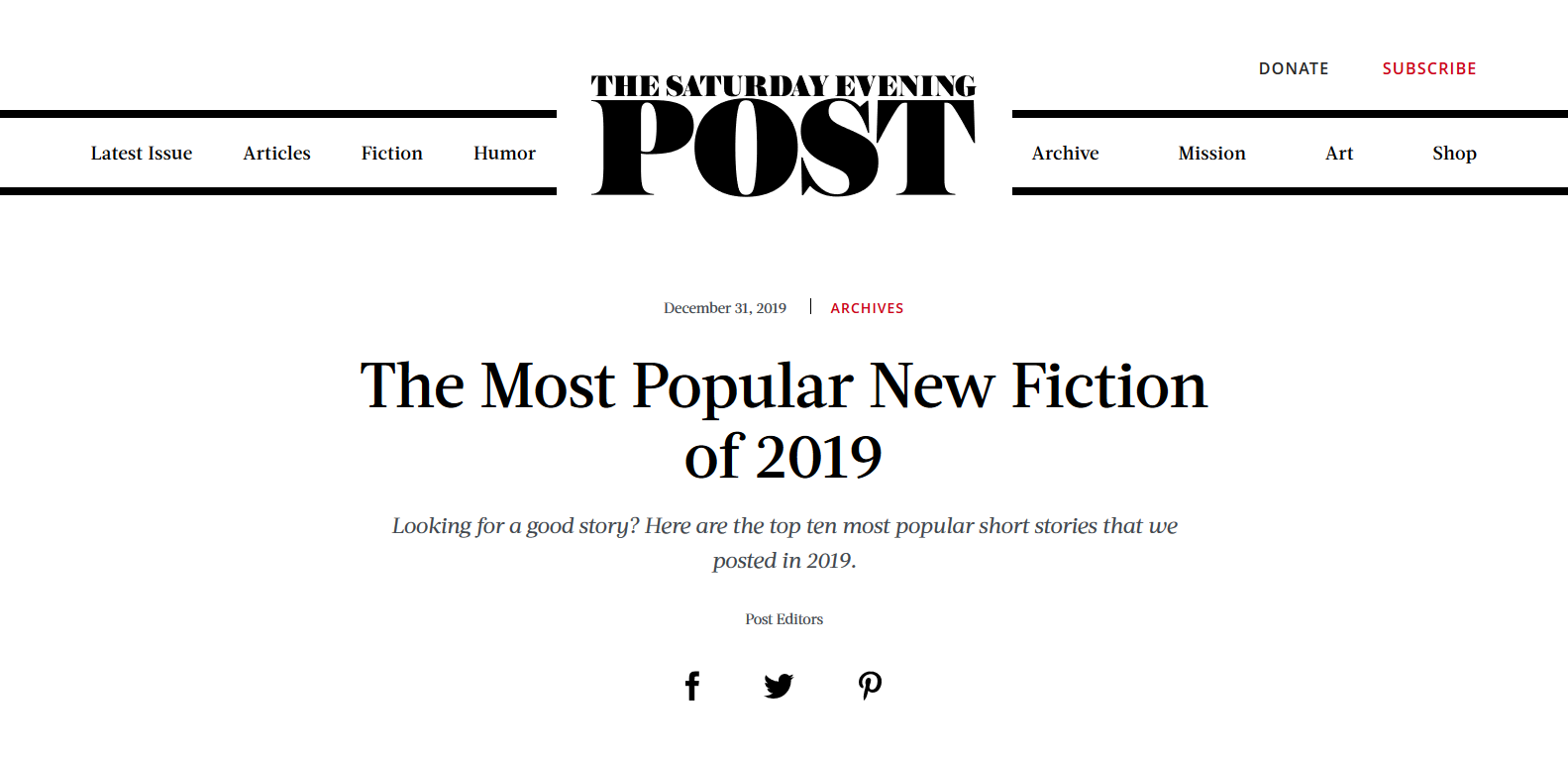March 22, 2010
Hoarding Pays by Niles Reddick
Instead of writing, I’ve lately been watching old movies and television shows. One reality show (and I have to question how realistic these reality shows are) was about hoarders, and I found myself fascinated with their compulsion to collect and save. They remind me of squirrels gathering nuts for the winter and of some of my family members on my dad’s side. They save newspaper clippings, pencils and pens, clothing, tin foil, and anything else that might come in handy later. Problem is that when later comes they still don’t use them.
Part of me knows I got the hoarding gene, too. Just last week when I was working on my dog’s new pen, I needed some stakes to prop up some two-by-fours I was using to frame the floor to pour concrete. Then it hit me. I had some old tobacco sticks I had been given from a friend of mine who was living on a farm in 1990 that I could use to plant in the dirt to hold up the wood frame. When I went to the garage to find them, they were gone. I panicked: “Had someone come and stolen my tobacco sticks?” I ran in and asked my wife. “Oh, we threw those out last year when we were cleaning the garage.” I stomped away, pouting, and it just reinforced my need to hoard. I could have used them. Sure it had been 20 years, but the time had come when I needed them. I ended up driving to Lowe’s to buy wooden stakes. Had the tobacco sticks still been there, I could have saved five dollars.
When I read the topic for this month, I immediately thought I should quote some of the hundreds of emails I’ve hoarded on my pc (one reason it’s slow) from agents and editors I’ve solicited about my two books. Sometimes, I even queried them by email when their websites strictly prohibited such behavior. I felt like the deviant teen that was sneaking a smoke or a drink when adults weren’t paying attention. Guess what? Some of those agents and critics emailed me back. Some of the hot shot New York agents fascinate me with their knowledge of the market, of what people want to read. One wrote, “If this was a Young Adult book, I’d be all over it.” Another wrote, “Your writing reminds me of the work of Clyde Edgerton—Southern humor—but that’s not selling now.” Another wrote, “I’m swamped now; check back next year.” So, over two hundred queries later, I was without an agent and kept on submitting to publishing companies that would read manuscripts from authors without agents.
The deviant teen resurfaced, too, when it came to multiple submissions. I ignored their rules and submitted as many as I could. After all, I could always blame in on my heritage as a Southerner. Despite the fact we’ve entered the twenty-first century, much of the world still believes the people of the South are backwards. I learned that lesson about obeying the multiple submission rule the hard way with the first book, which I submitted to one publisher at a time. One small publishing company in Tennessee kept the manuscript for a complete year, and of course, when I would ask about an update, apologizing for bothering them (avoiding any word or phrase that might kill the hope of publication), I would get responses such as “It’s on his desk” (3 months), “He’s still considering” (6 months), “He’s been out of the country” (9 months), and finally “We’re sorry we’ve kept it so long, but we just don’t believe it will sell given today’s market” (12 months).
I don’t know that I’ve been the victim of literary snobbery. My first book Road Kill Art and Other Oddities had less than ten reviews, most of which were positive. I’m sure my university colleagues would scoff at such a story collection. The title alone would turn them off, them thinking Bubba had written another how to “fix” supper with the latest road kill. Of course, that thinking would be more closed minded than not, since the book wasn’t about that anyway. The writing probably wouldn’t have impressed the snobs either. I was never one for dressing up writing with multiple adjectives and run-on sentences when something could be said quicker. I don’t believe you need to have the Oxford dictionary handy to be able to read a good book. I’m not liberal enough for many of the critics. I’m just an ordinary middle-of- the-road moderate type thinker who doesn’t want to get way off into left field issues. Saving the mosquito population, the fire ants, or the gnats doesn’t appeal to me, and if those people had to live with them, they wouldn’t want them saved either.
With the release of Lead Me Home last week, it’s too soon to tell what the reviews and critics might say. Whatever they say, I will save it and most likely use it to my advantage later. My advice to writers and students when I give readings and talk about writing is to be persistent, know the rules enough to violate them, and don’t worry what others say. Sooner or later, everyone is six feet under and what someone thought of you and your writing won’t much matter anyway. Now that this is the second time in a week when my hoarding has proved useful, I’m going on a hoarding crusade, preaching the good news of saving. But just like anything else, moderation is the key.
